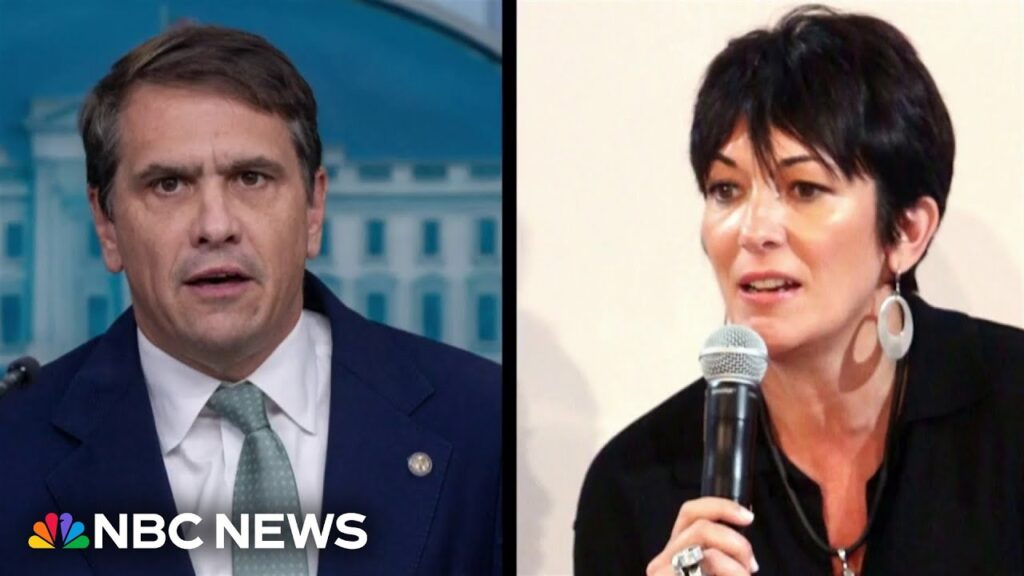
Introduction
The case of Ghislaine Maxwell, a former socialite and infamous collaborator of Jeffrey Epstein, has become a significant focal point in the ongoing discussions about sexual abuse, power dynamics, and legal accountability. Since her arrest in July 2020, Maxwell’s trial and subsequent sentencing have attracted widespread media attention and public scrutiny, spotlighting issues of exploitation and the legal repercussions for individuals tied to high-profile figures.
Overview of the Case
On December 29, 2021, Ghislaine Maxwell was found guilty on five counts related to her role in recruiting and abusing underage girls for Jeffrey Epstein. The trial revealed disturbing details, as victims shared their testimonies about her involvement in their exploitation.
Maxwell was accused not just of facilitating Epstein’s crimes but of actively participating in the grooming and abuse of victims, some of whom were as young as 14. The evidence presented during the trial included testimony from multiple survivors, as well as the presentation of various documents and emails linking Maxwell to Epstein’s illicit activities.
Sentencing and Reactions
On June 28, 2022, Maxwell was sentenced to 20 years in prison. This verdict is seen as a pivotal moment for victims of sexual abuse, offering a glimmer of hope for justice in what some describe as a culture of silence surrounding powerful individuals. The case prompted reactions from activists and advocacy groups who emphasize the need for comprehensive reform in how sexual abuse cases are handled, particularly within elitist circles.
Wider Implications
The Ghislaine Maxwell case has raised various questions regarding power dynamics and privilege in the legal system. Critics argue that it highlights the disparities that often exist in the pursuit of justice for victims, especially when high-profile defendants are involved. Media coverage has sparked discussions on not only Maxwell’s role in Epstein’s crimes but also on broader themes such as the normalization of exploitation and the need for systemic change.
Conclusion
The case of Ghislaine Maxwell continues to resonate beyond the courtroom. Recent developments signal a growing awareness of the complexities surrounding sexual abuse cases involving high-profile figures. As discussions about accountability and advocacy amplify, it remains crucial for society to reflect on these issues and advocate for those silenced by power. The long-term effects of this case may redefine how similar cases are perceived and prosecuted in the future, signaling a potential shift in societal norms regarding both victim support and perpetrator accountability.



